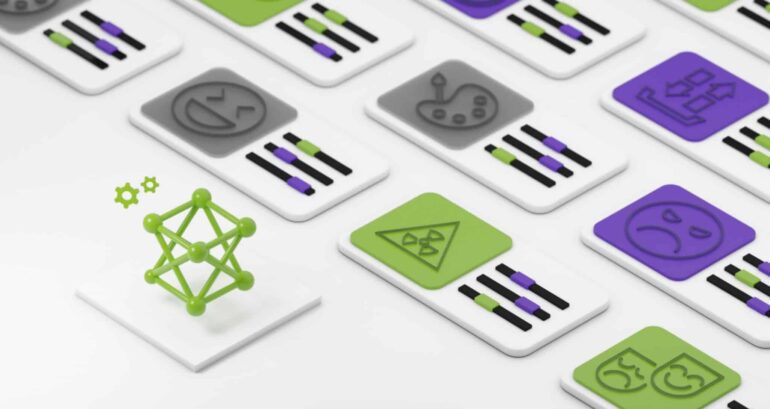TL;DR:
- NVIDIA Research introduces SteerLM, a pioneering AI technique for customizing large language model responses.
- SteerLM offers users unprecedented control over model outputs by defining key attributes.
- It operates through a four-step supervised fine-tuning process, enhancing response quality.
- Real-time adjustability empowers users to fine-tune attributes during inference.
- SteerLM outperforms existing models, simplifies fine-tuning, and is user-friendly.
- NVIDIA democratizes customization by releasing SteerLM as open-source software.
- The AI community takes a significant step towards more personalized and adaptable AI systems.
Main AI News:
In the dynamic landscape of artificial intelligence, a persistent challenge has vexed developers and users alike: the demand for personalized and nuanced responses from large language models (LLMs). While these models, exemplified by Llama 2, can produce text that resembles human communication, they often fall short in delivering answers tailored precisely to individual user needs. Existing methods, such as supervised fine-tuning (SFT) and reinforcement learning from human feedback (RLHF), have their constraints, often resulting in responses that feel mechanical and intricate.
NVIDIA Research has introduced SteerLM, a pioneering technique poised to tackle these challenges head-on. SteerLM presents a fresh and user-centric approach to shaping the responses of large language models, granting users more authority over the model’s outputs by allowing them to define critical attributes that steer the model’s behavior.
SteerLM operates through a meticulously crafted four-step supervised fine-tuning process, streamlining the customization of large language models. Initially, it trains an Attribute Prediction Model, utilizing human-annotated datasets to assess attributes like helpfulness, humor, and creativity. Subsequently, it employs this model to annotate a diverse range of datasets, enriching the pool of data accessible to the language model. SteerLM then embarks on attribute-conditioned supervised fine-tuning, teaching the model to generate responses based on specified attributes, such as perceived quality. Finally, it enhances the model through bootstrap training, resulting in diverse responses and fine-tuning for optimal alignment.
One of the standout features of SteerLM is its real-time adjustability, allowing users to fine-tune attributes during inference, catering to their specific requirements on the fly. This remarkable flexibility opens doors to a multitude of potential applications, spanning from gaming and education to enhancing accessibility. With SteerLM, organizations can serve multiple teams with personalized capabilities from a single model, eliminating the need to reconstruct models for distinct applications.
SteerLM’s simplicity and user-friendliness are apparent in its metrics and performance. SteerLM 43B has demonstrated superior performance compared to existing RLHF models such as ChatGPT-3.5 and Llama 30B RLHF in Vicuna benchmark experiments. By offering a straightforward fine-tuning process that requires minimal infrastructure and code adjustments, SteerLM delivers outstanding results with minimal hassle, solidifying its position as a significant advancement in AI customization.
NVIDIA is propelling advanced customization into the mainstream by releasing SteerLM as open-source software within its NVIDIA NeMo framework. Developers now have the opportunity to access the code and experiment with this technique using a customized 13B Llama 2 model, available on platforms like Hugging Face. Detailed instructions are also provided for those keen on training their SteerLM model.
Conclusion:
SteerLM represents a game-changing development in AI customization, allowing for tailored responses from large language models. This innovation offers not only superior performance but also a simplified fine-tuning process. Its open-source availability signifies NVIDIA’s commitment to democratizing advanced customization, which holds the potential to revolutionize various industries by providing AI solutions that are both intelligent and genuinely aligned with user needs.

